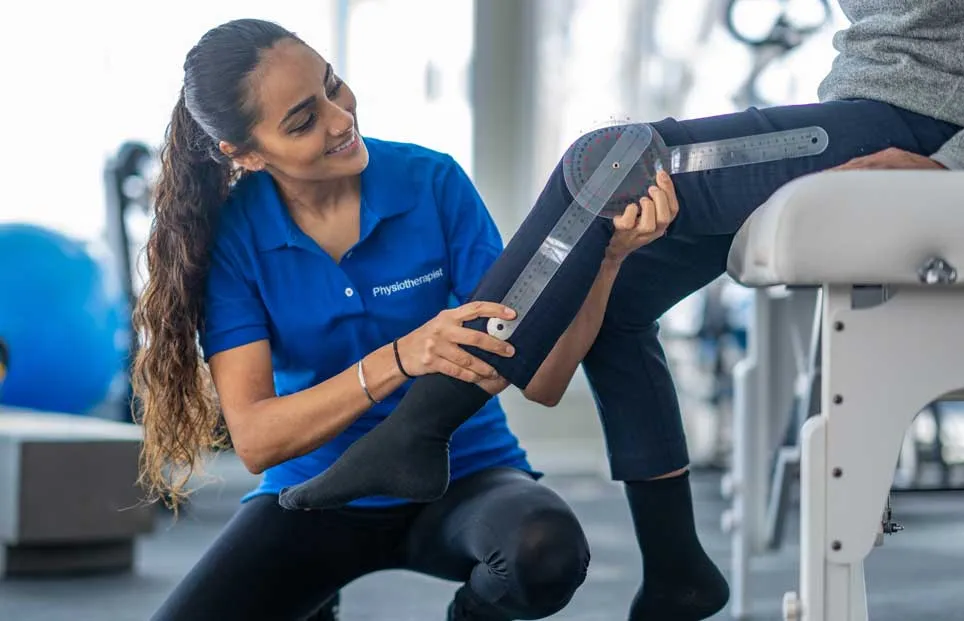Enhancing Rehab Outcomes Via Efficient Functional Motion Screening Protocols
Enhancing Rehab Outcomes Via Efficient Functional Motion Screening Protocols
Blog Article
Functional Mobility Assessment (FMS) is a beneficial tool used to assess an person's movement patterns. This assessment aids identify any deficiencies or imbalances in the musculoskeletal system, which can lead to harm if not addressed. In recovery contexts, FMS can serve a crucial role in improving rehabilitation outcomes. By understanding how each individual moves, healthcare professionals can design focused recovery programs that concentrate on enhancing strength, mobility, and overall performance.
One of the key advantages of using FMS in recovery is its ability to identify particular aspects that need improvement. For instance, if a client has difficulty with squatting or lunge movements, it may suggest a deficiency of mobility in their hip joints or ankle joints. This data allows clinicians to formulate customized fitness regimens that highlight addressing these deficits. As a result, patients are more likely to recover their strength and functionality, which is crucial for returning to daily tasks or sports.
Incorporating effective FMS procedures can also help prevent future harm. Many injuries occur due to poor mobility mechanics or excessive use of certain muscle clusters. By screening patients before they begin a recovery program, therapists can identify hazards and implement approaches to minimize them. Informing patients about appropriate movement patterns and enhancing underdeveloped aspects can lead to long-term advantages, promoting that they stay engaged and healthy.
Additionally, the use of FMS can enhance communication between healthcare professionals and patients. When clients see their movement mechanics evaluated and explained, they gain a clearer comprehension of their recovery journey. This transparency builds trust and encourages patients to take an engaged role in their rehabilitation. By involving patients in their rehabilitation journey, they are more likely to follow to prescribed exercises and behavioral changes that support better results.
In conclusion, enhancing rehabilitation outcomes through effective operational mobility assessment find here procedures is crucial for both patients and healthcare providers. By precisely assessing mobility mechanics, clinicians can develop tailored rehabilitation plans that meet specific requirements. This not only facilitates in recovery but also assists prevent future injuries. As patients become more engaged in their rehabilitation journey, they are likely Get the facts to achieve their objectives and sustain a healthy, engaged way of living.